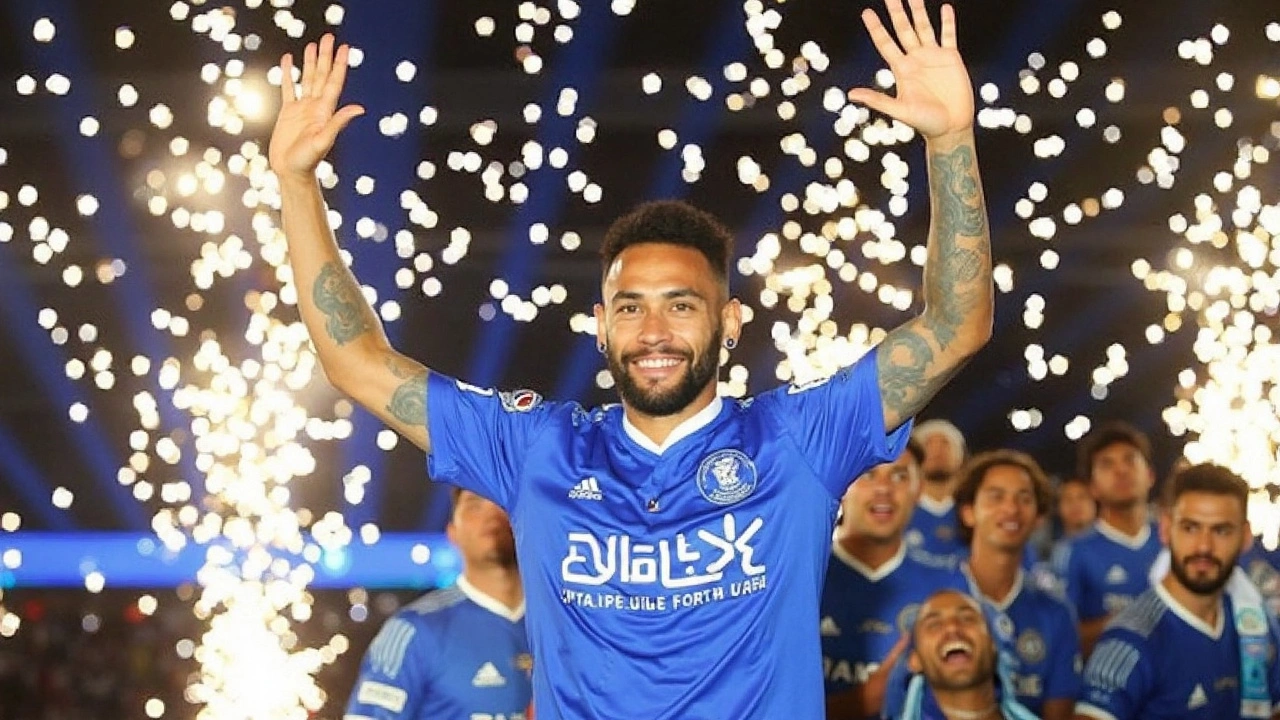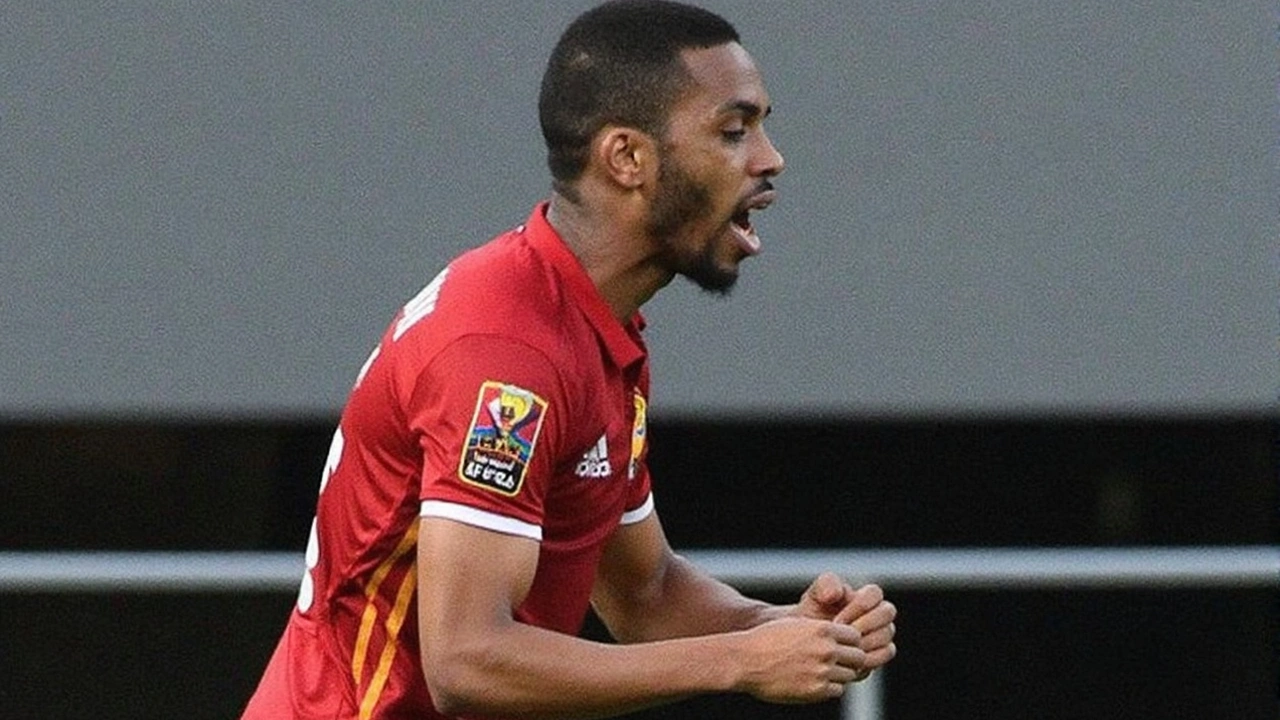Mumbai City FC Faces Neymar’s Al Hilal in Groundbreaking AFC Champions League Group Stage

Mumbai City FC’s Historic Leap into the AFC Champions League
This year’s AFC Champions League proves football is changing fast, and Mumbai City FC is at the center of it. For the first time ever, an Indian club steps into the group stages, taking their place among Asia’s elite. Their reward? A ticket to Group D with powerhouses like Neymar’s Al Hilal, Iran’s FC Nassaji Mazandaran, and Uzbekistan’s Navbahor. You can almost sense the rush among Indian fans—the country’s football scene is finally getting a seat at the continental table, sharing the field with household names.
It’s hard to overstate the mountain Mumbai City is about to climb. Group D boasts Al Hilal, not just any club but the beast of Asian football. With four AFC Champions League trophies and 18 Saudi Pro League titles, their resume is intimidating. Add global icon Neymar—one of the world’s most marketable players—and it’s easy to understand the whirlwind of excitement swirling around Indian football right now. When Neymar’s arrival in Saudi Arabia made headlines worldwide, few expected that an Indian team would soon be lining up against him in Asia’s biggest club tournament.
The anticipation skyrocketed when Al Hilal stormed into their first encounter, handing Mumbai City a reality check with a 6-0 demolition in the group stage, then doubling down with a 2-0 win on Mumbai’s home turf in Navi Mumbai. The results sting, but for Mumbai City’s players and fans, it’s also a learning curve at the sharpest end of Asian football. For all the talent, teamwork, and drive the Indians bring, facing the likes of Neymar and Kalidou Koulibaly is a whole new level.

New Faces and Fresh Rules Shake Up Asia’s Biggest Stage
The drama doesn’t stop with superstar battles. The 2023-24 Champions League breaks new ground, too. For the first time, VAR (Video Assistant Referee) technology is in play as early as the group stage, promising fewer refereeing blunders and more fair play. That’s not all: squads can now include up to six foreign players instead of the old four. This move signals a shift in Asian club football, opening squads to more global names and firing up competition even more. Teams from wealthier leagues, especially in Saudi Arabia, have already used these new rules to inject their lineups with talent from Europe and South America.
Group D isn’t the only cauldron of intrigue. Over in Group E, giants like Persepolis, Al Duhail, and Cristiano Ronaldo’s Al Nassr line up for their own fireworks, while the East Region brings together South Korea’s Ulsan Hyundai, Japan’s Kawasaki Frontale, and Australia’s Melbourne City. The group stage starts September 19, setting the stage for months of nail-biting matches that promise drama, upsets, and maybe even a few surprises from Asia’s newer faces.
For Mumbai City, qualifying alone is an achievement that will echo in Indian football for years. Win or lose, they have already raised the bar—both for themselves and for clubs across the country dreaming of continental glory.